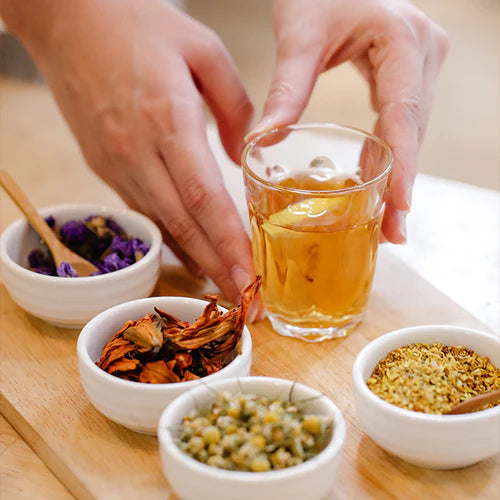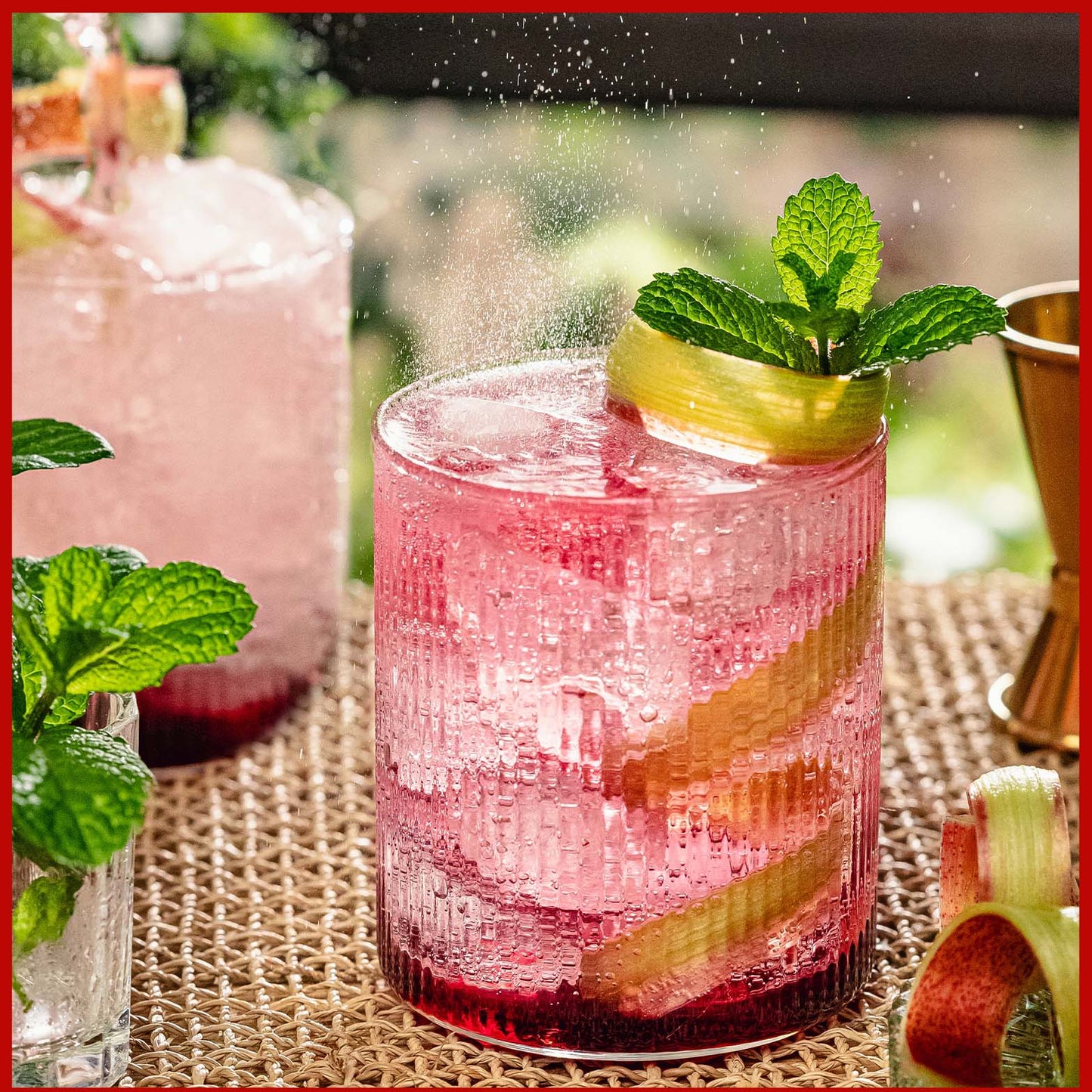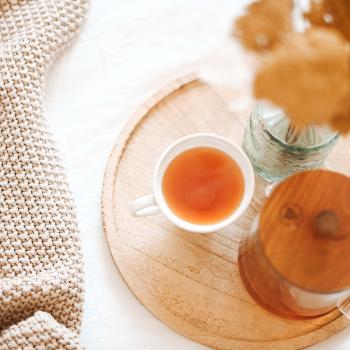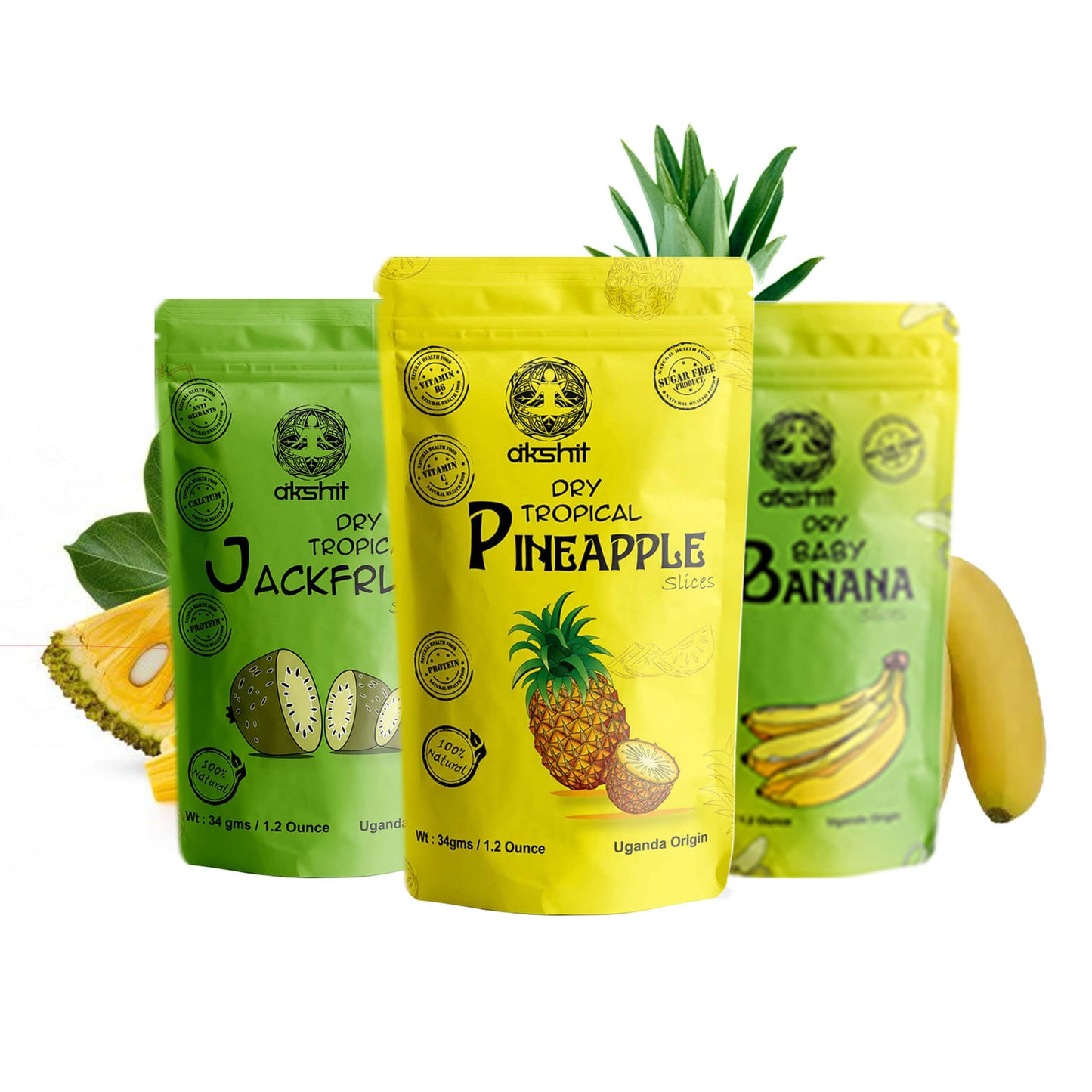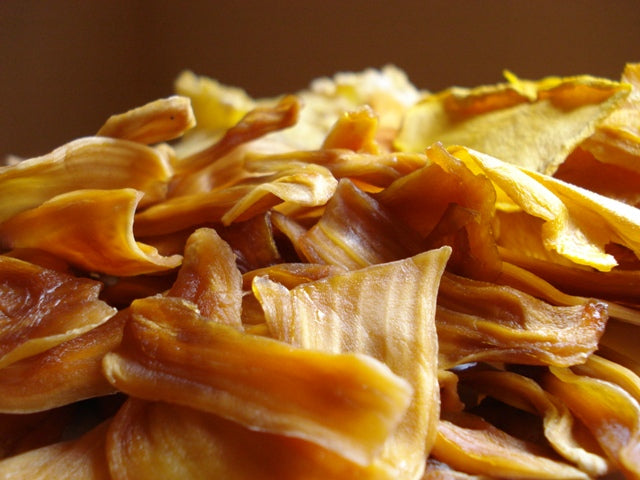
Our Nyasaland variety of Arabica coffee is grown in the highland areas of Mt Elgon in the eastern region of Uganda at an altitude of 4,100 – 5600ft, fertilized with animal manure. when flowering between January and February, they sent the air with a jasmine-like fragrance. Coffee is grown by a selected group of farmers who preserve the Nyasaland variety through Slow food presidia which is a project that works to protect small-scale producers and safeguard quality artisanal products.

The coffee cherries are washed and hand-picked with great balance, fine acidity, good body, chocolate overtones, citric and floral notes. The cherries are picked by farmers cautiously one by one depending on the readiness and sorted at the gardens. They are then transferred to the drying beds and covered under the shade and periodically turned around during the day to allow uniform drying and proper aeration.
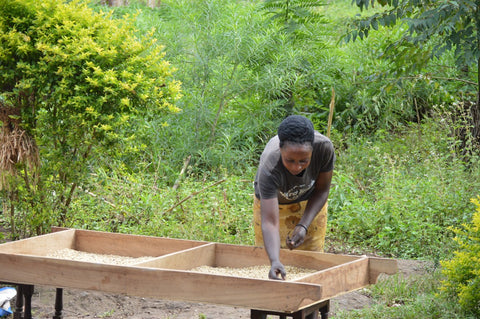
Our coffee is proficiently roasted which brings out the intense floral aroma and flavor, and the natural color that is locked inside the green coffee beans.
 The beans are then packed whole or grounded with No additives, No artificial flavors, preserved in its natural color and premium quality.
The beans are then packed whole or grounded with No additives, No artificial flavors, preserved in its natural color and premium quality.
What are the types of coffee beans?
There are two main types of coffee beans: Arabica and Robusta. Here is a brief description of each type:
-
Arabica: Arabica beans are generally considered to be of higher quality and are more commonly used in specialty coffee shops. They have a sweeter, more complex flavor profile, with notes of fruit, berries, chocolate, and caramel. Arabica beans also contain less caffeine than Robusta beans.
-
Robusta: Robusta beans are generally cheaper and easier to cultivate than Arabica beans. They have a more bitter and earthy taste, with notes of wood and grain. Robusta beans also contain more caffeine than Arabica beans, which can be a benefit for those who prefer a stronger, more energizing cup of coffee.
There are also many different varieties and cultivars within each type of coffee bean. Some popular varieties of Arabica beans include Bourbon, Typica, and Geisha, while popular varieties of Robusta beans include Conilon and Excelsa.
In addition to the two main types of coffee beans, there are also many different processing methods that can be used to prepare the beans for roasting. These methods include natural (or dry) processing, washed (or wet) processing, and honey processing, among others. Each processing method can affect the flavor and aroma of the final coffee product.
Benefits and types of roast for coffee beans
There are generally four main types of roast for coffee beans: light, medium, medium-dark, and dark. Each type of roast offers unique benefits and flavor profiles.
-
Light roast: Light roast coffee beans are roasted for the shortest amount of time and are typically light brown in color. They have a bright, acidic flavor profile and tend to have higher caffeine content. The beans retain more of their natural flavors and aromas, with tasting notes of citrus, berries, and floral tones.
-
Medium roast: Medium roast coffee beans are roasted slightly longer than light roasts and are a medium brown color. They have a balanced flavor profile that is less acidic than light roasts but not as bold as dark roasts. Medium roast coffee beans have a slightly sweeter taste with hints of chocolate, nutty flavors, and caramel.
-
Medium-dark roast: Medium-dark roast coffee beans are roasted until they have a rich, dark color and a slight sheen of oil on the surface. They have a strong flavor profile that is slightly bitter with notes of caramel, chocolate, and sometimes even smoky flavors.
-
Dark roast: Dark roast coffee beans are roasted the longest and are almost black in color. They have a bold, smoky, and bitter flavor profile with notes of burnt sugar and dark chocolate. Dark roast coffee beans have the least amount of acidity and often have a thick, oily surface.
In terms of benefits, light roast coffee beans tend to have higher caffeine content and more antioxidants due to their minimal roasting time. Dark roast coffee beans, on the other hand, have lower caffeine content but are believed to have lower acidity, which can be beneficial for those with digestive issues.
In terms of taste, the roast level affects the flavor profile of coffee beans significantly. Light roasts offer a bright, fruity flavor with higher acidity, while dark roasts provide a bold, smoky flavor with lower acidity. The roast level ultimately depends on personal preference and the brewing method used to prepare the coffee.
What are the Best Coffee Beans?
Choosing the best coffee beans can be a subjective matter, as people have different tastes and preferences when it comes to coffee. However, here are some tips on what to look for when selecting coffee beans:
- Arabica vs. Robusta: Arabica beans are generally considered to be of higher quality, with a sweeter, more complex flavor profile. Robusta beans, on the other hand, tend to have a more bitter and earthy taste.
- Origin: Coffee beans from different regions can have distinct flavors and aromas. Some popular coffee-growing regions include Central and South America, Africa, and Southeast Asia.
- Roast: The roast level can also affect the flavor of the coffee. Lighter roasts tend to have a brighter, more acidic taste, while darker roasts have a bolder, more robust flavor.
With these factors in mind, here are some brands and types of coffee beans that are often highly regarded by coffee enthusiasts:
- Bushbucks Coffee: This specialty coffee company sources high-quality beans from around the world and roasts them to order for maximum freshness.
- Intelligentsia Coffee: Another specialty coffee brand known for its direct trade practices and commitment to sustainability.
- Counter Culture Coffee: This company works closely with coffee growers to ensure the highest quality beans and roasts them in small batches for optimal flavor.
- Ethiopian Yirgacheffe: A popular single-origin coffee known for its fruity and floral notes.
- Colombian Supremo: Another classic single-origin coffee with a rich, full-bodied flavor.
Ultimately, the best coffee beans for you will depend on your individual taste preferences, so it may take some experimentation to find the perfect cup.
